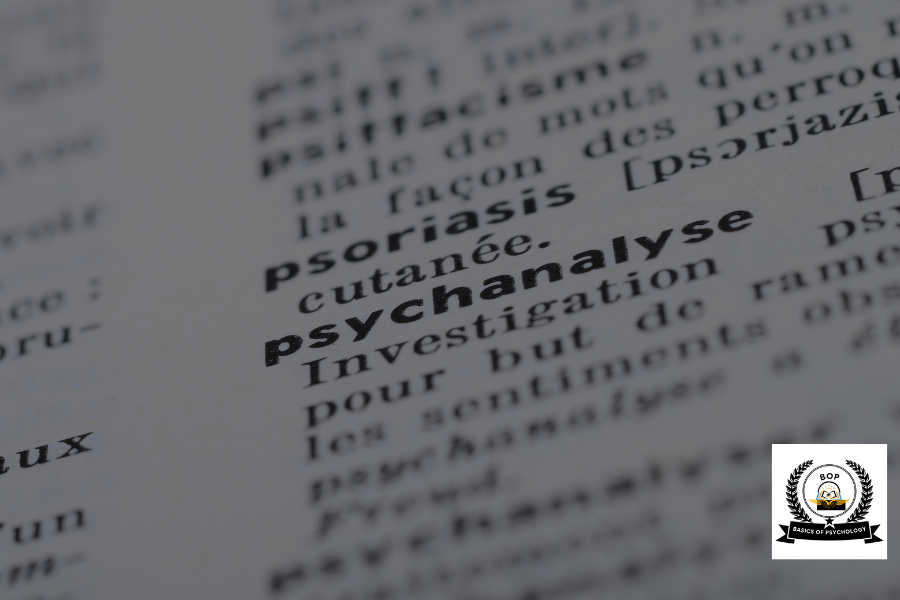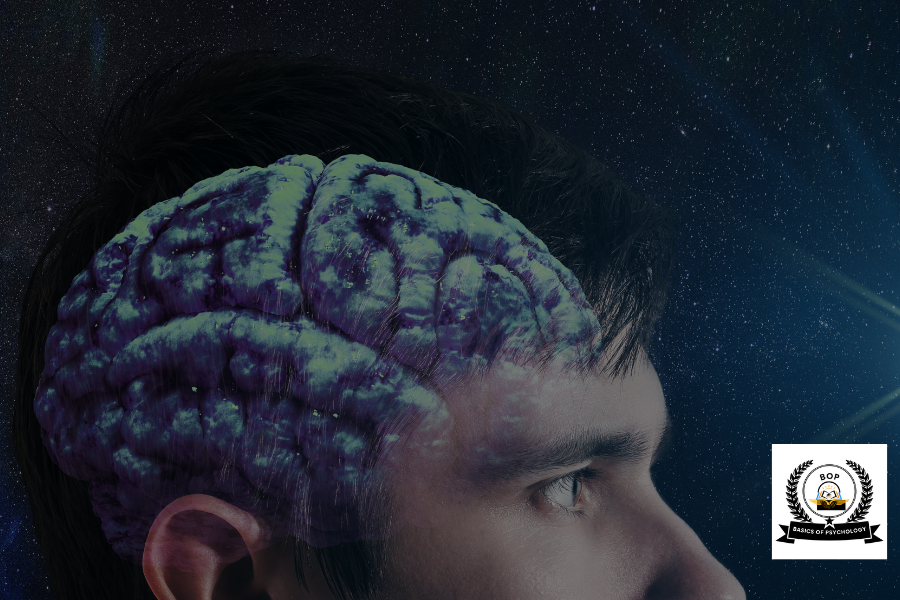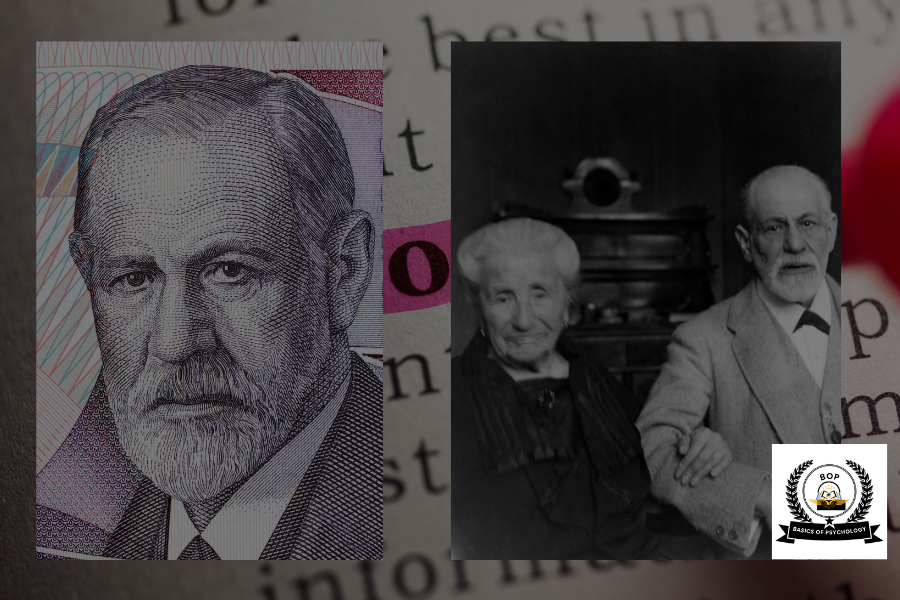Sigmund Freud’s impact on psychology is profound and far-reaching. Often regarded as the father of psychoanalysis, Freud revolutionized the field with his groundbreaking theories and innovative approach to understanding the human mind.
Through his extensive body of work, Sigmund Freud challenged traditional notions of mental health and paved the way for modern psychological thought.
In this article, we explore into the transformative influence of Sigmund Freud on the study and practice of psychology, exploring how his ideas continue to shape our understanding of the mind and behavior.
Table of Contents
Introduction to Sigmund Freud
Who Was Sigmund Freud?
Born in 1856 in Freiberg, Moravia (now the Czech Republic), Sigmund Freud was the eldest of eight children in a middle-class Jewish family. Freud’s early life was marked by academic excellence, and he showed a keen interest in literature, science, and philosophy from a young age.
After studying medicine at the University of Vienna, Freud began his career as a neurologist, conducting research on the nervous system and treating patients with neurological disorders. It was during this time that he became increasingly interested in the psychological aspects of human behavior, leading him to explore the field of psychology.
Sigmund Freud’s Contributions to Psychology
Sigmund Freud’s most significant contribution to psychology lies in the development of psychoanalysis, a clinical method for treating psychopathology through dialogue between a patient and a psychoanalyst. He believed that unconscious conflicts and desires played a crucial role in shaping human behavior, and he sought to uncover these hidden motives through the analysis of dreams, free association, and other techniques.
Sigmund Freud’s theories revolutionized our understanding of the mind, introducing concepts such as the unconscious, defense mechanisms, and the psychosexual stages of development. His work laid the foundation for modern psychodynamic approaches to therapy and influenced a wide range of psychological disciplines, including developmental psychology, personality theory, and clinical practice.
Psychoanalysis: Exploring Freud’s Groundbreaking Method

Psychoanalysis is a therapeutic approach developed by Freud that aims to uncover unconscious conflicts and desires underlying mental disorders. Through techniques such as free association, dream analysis, and transference, psychoanalysts help patients gain insight into their unconscious motivations and resolve inner conflicts.
Sigmund Freud believed that early childhood experiences and repressed memories shape adult personality and behavior. By exploring the patient’s past and examining patterns of thought and behavior, psychoanalysts can help individuals overcome emotional distress and achieve greater self-awareness.
Key Concepts in Freudian Theory
Freud’s psychoanalytic theory is built upon several key concepts that provide insight into the structure of the mind and human behavior:
Id, Ego, and Superego
Freud proposed that the human psyche is divided into three parts: the id, ego, and superego. The id operates on the pleasure principle, seeking immediate gratification of desires. The ego operates on the reality principle, mediating between the id’s impulses and the external world. The superego represents internalized moral standards and societal norms, guiding behavior based on moral principles.
Defense Mechanisms
Freud identified various defense mechanisms that individuals use to protect themselves from anxiety and maintain psychological equilibrium. These mechanisms include repression, denial, projection, displacement, and rationalization, among others. Defense mechanisms operate unconsciously and help individuals cope with threatening or distressing thoughts and emotions.
Unraveling the Unconscious Mind

Central to Freud’s theory is the concept of the unconscious mind, which contains thoughts, feelings, and memories that are inaccessible to conscious awareness. Freud believed that unconscious desires and conflicts influence behavior and contribute to psychological distress. Through techniques such as dream analysis and free association, psychoanalysts aim to bring unconscious material into conscious awareness, allowing individuals to gain insight into their innermost thoughts and motivations.
Psychosexual Development: Freud’s Theory Unpacked
Freud proposed that personality develops through a series of psychosexual stages, each characterized by a focus on different erogenous zones and conflicts. The stages include:
| Oral Stage | The first stage of development, occurring from birth to around 18 months, during which the primary source of pleasure is the mouth. Conflicts may arise from issues such as weaning and oral fixation. |
| Anal Stage | The second stage, occurring from around 18 months to 3 years, during which the focus shifts to the anus and the pleasures associated with bowel movements. Conflict may arise from toilet training and issues of control. |
| Phallic Stage | The third stage, occurring from around 3 to 6 years, during which the focus is on the genitals. The Oedipus and Electra complexes emerge during this stage, involving unconscious desires for the opposite-sex parent and rivalry with the same-sex parent. |
| Latency Stage | A period of relative calm during middle childhood, characterized by the suppression of sexual impulses and a focus on social and intellectual activities. |
| Genital Stage | The final stage, beginning in adolescence, during which sexual desires reawaken, and individuals seek mature, adult relationships. |
Criticisms of Freud’s Theories
While Freud’s theories have had a profound impact on psychology, they have also faced criticism from various quarters:
Lack of Empirical Evidence
Critics argue that many of Freud’s theories are based on anecdotal evidence and clinical observations rather than rigorous scientific research. The lack of empirical support has led some to question the validity and reliability of Freudian concepts.
Overemphasis on Sexuality
Freud’s focus on sexuality and the unconscious mind has been criticized for being reductionistic and overly deterministic. Some argue that Freud’s theories neglect other important factors influencing behavior, such as social and cultural influences.
Limited Applicability
Freudian concepts may not be universally applicable across different cultures and populations. Critics argue that Freud’s theories are based on the experiences of a narrow segment of society and may not adequately account for the diversity of human experience.
Gender Bias
Freud’s theories have been accused of perpetuating gender stereotypes and reinforcing traditional gender roles. Critics argue that Freud’s emphasis on penis envy and castration anxiety reflects his own cultural biases and may not accurately reflect the experiences of all individuals.
Freud’s Lasting Influence on Psychology
Despite these criticisms, Freud’s work continues to exert a significant influence on modern psychology:
Impact on Psychotherapy
Freud’s psychoanalytic approach laid the groundwork for modern psychotherapy techniques, such as talk therapy and psychodynamic therapy. Many of Freud’s therapeutic techniques, such as free association and dream analysis, are still used by therapists today.
Development of Personality Theory
Freud’s concepts of the id, ego, and superego, as well as his psychosexual stages of development, have had a lasting impact on personality theory. Freudian concepts continue to inform contemporary theories of personality and human development.
Understanding of the Unconscious Mind
Freud’s emphasis on the unconscious mind has shaped our understanding of how unconscious processes influence behavior, cognition, and emotion. Freudian concepts such as repression and defense mechanisms remain relevant in contemporary psychology.
Practical Applications of Freudian Concepts
While Freud’s theories may have limitations, they have practical applications in various fields:

Clinical Psychology
Freudian concepts are used in clinical settings to understand and treat mental health disorders. Psychoanalytic therapy, based on Freud’s principles, aims to help individuals gain insight into their unconscious conflicts and achieve emotional healing.
Counseling and Therapy
Freudian concepts are applied in counseling and therapy to explore the root causes of psychological distress and facilitate personal growth. Therapists may use techniques such as dream analysis and transference to help clients understand and resolve unconscious conflicts.
Understanding Human Behavior
Freudian concepts provide valuable insights into human behavior and motivation. By exploring unconscious desires and conflicts, individuals can gain a deeper understanding of their thoughts, emotions, and behaviors, leading to personal growth and self-awareness.
Read More: Mind-Blowing the History of Psychology
Conclusion
In conclusion, the legacy of Sigmund Freud looms large in the field of psychology, leaving an indelible mark on our understanding of the human mind and behavior. From his revolutionary theories of the unconscious mind to his pioneering methods in psychoanalysis, Freud’s contributions continue to shape the way we think about mental health, personality, and therapy.
Despite criticisms and controversies surrounding his work, Freud’s enduring influence is undeniable. His concepts have stood the test of time, informing modern approaches to psychotherapy, personality theory, and the study of human behavior. Whether one agrees with his theories or not, Freud’s impact on psychology is undeniable, and his legacy continues to spark debate and intrigue among scholars and practitioners alike.
As we continue to unravel the complexities of the human psyche, it is essential to recognize Freud’s role in laying the foundation for modern psychology. His insights into the unconscious mind, defense mechanisms, and psychosexual development have paved the way for new discoveries and advancements in the field.
In the words of Freud himself, “The mind is like an iceberg, it floats with one-seventh of its bulk above water.” As we delve deeper into the depths of the human psyche, let us not forget the profound influence of Sigmund Freud and his enduring legacy in shaping our understanding of what it means to be human.
References
- Freud, S. (1900). The Interpretation of Dreams. Basic Books.
- Freud, S. (1915). Introductory Lectures on Psychoanalysis. Norton & Company.
- Gay, P. (1988). Freud: A Life for Our Time. W. W. Norton & Company.
- Mitchell, S. A., & Black, M. J. (1995). Freud and Beyond: A History of Modern Psychoanalytic Thought. Basic Books.
- Westen, D. (1998). The Scientific Legacy of Sigmund Freud: Toward a Psychodynamically Informed Psychological Science. Psychological Bulletin, 124(3), 333-371.
FAQs
Who was Sigmund Freud and what did he do?
Sigmund Freud was an Austrian neurologist and the founder of psychoanalysis, a clinical method for treating psychopathology through dialogue between a patient and a psychoanalyst.
What were Sigmund Freud’s major contributions to psychology?
Freud made several significant contributions to psychology, including the development of psychoanalytic theory, the concept of the unconscious mind, the theory of the id, ego, and superego, and the interpretation of dreams.
What is psychoanalysis and how did Freud develop it?
Psychoanalysis is a therapeutic method used to explore unconscious conflicts underlying mental disorders. Freud developed psychoanalysis through his clinical work with patients, focusing on the role of unconscious desires and childhood experiences.
What are the key concepts in Freud’s theory of personality?
Freud’s theory of personality includes key concepts such as the id (instinctual drives), ego (reality principle), and superego (morality), as well as defense mechanisms, psychosexual development stages, and the structure of the mind.
How did Freud’s theories on the unconscious mind influence psychology?
Freud’s theories on the unconscious mind revolutionized psychology by emphasizing the role of unconscious processes in shaping behavior, thoughts, and emotions, leading to the development of psychodynamic and depth psychology approaches.
What is the significance of Freud’s interpretation of dreams?
Freud’s interpretation of dreams provided insights into the unconscious mind’s contents and revealed hidden desires, conflicts, and unresolved issues, contributing to the understanding of mental processes and symbolism.
What are some criticisms of Sigmund Freud’s theories?
Critics of Freud’s theories argue against their lack of empirical evidence, overemphasis on sexual instincts, limited applicability to diverse populations, and potential for bias in interpreting patient experiences.
How did Freud’s ideas impact modern psychotherapy?
Freud’s ideas laid the foundation for modern psychotherapy approaches, influencing techniques such as free association, dream analysis, and the therapeutic relationship, while also inspiring developments in cognitive-behavioral and humanistic therapies.
What is the Oedipus complex and how did Freud conceptualize it?
The Oedipus complex, as conceptualized by Freud, is a psychoanalytic theory describing a child’s unconscious desire for the opposite-sex parent and feelings of rivalry with the same-sex parent, leading to internal conflict and emotional development.
How does Sigmund Freud’s work continue to influence contemporary psychology and culture?
Freud’s work continues to influence contemporary psychology by inspiring research in areas such as psychoanalytic theory, attachment, and personality, while also shaping popular culture through references in literature, film, and art.













